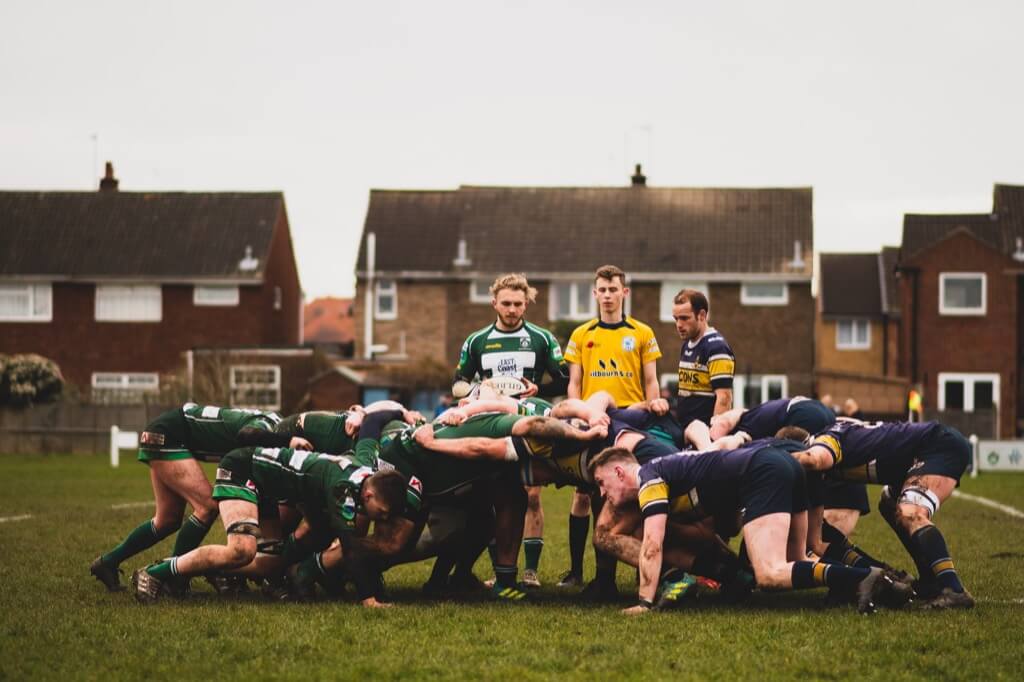Before diving into the impact of pre-event sex on athletic performance, it’s crucial to address the prevailing myths and scientific findings. There’s no substantial evidence from studies suggesting a direct link between engaging in sexual activity before physical exertion and reduced performance. This widely circulated belief among some coaching circles lacks support from the medical community, labeling it an urban legend.
In the past, there existed a widespread assumption in sports, particularly within boxing circles, that pre-event sex negatively impacted performance. The idea was rooted in a belief that engaging in sex lowered testosterone levels, potentially reducing aggression and, consequently, improving performance. However, scientific research has debunked this notion, revealing a positive correlation between high sex drives, increased activity, and testosterone levels. Prolonged sexual inactivity can significantly lower testosterone levels, as observed by Dr. Emmanuele A. Jannini of Italy’s University of L’Aquila.
The impact of sex on an athlete’s performance can vary based on individual factors like anxiety, composure requirements, and the sport itself. Athletes requiring heightened focus and control might be affected by increased anxiety or anger, potentially impacting their performance. However, the influence of sex on testosterone levels and subsequent athletic performance remains subjective and dependent on various factors unique to each athlete and sport.
The understanding of the sympathetic and parasympathetic nervous systems sheds light on this topic. Originally considered incompatible, these systems were thought to evoke opposing bodily responses. However, recent research indicates their complementary nature. While the sympathetic system triggers the “fight or flight” response beneficial during exercise, the parasympathetic system (feed and breed) has minimal adverse effects on performance.
Mental toughness in sports is paramount, especially concerning anxiety levels preceding major events. Engaging in sex can serve as a means of relaxation and diversion, alleviating mental exhaustion and aiding focus during competitions. However, its impact varies among athletes and their coping mechanisms.
Contrary to popular belief, studies have shown that pre-event sex doesn’t significantly affect physical performance. A 1995 study in the Journal of Sports Medicine and Physical Fitness found no performance differences between individuals who engaged in sex hours before a treadmill test and those who abstained.
A Lighter Perspective
The distribution of condoms by the Olympic Committee highlights a more relaxed stance towards sex among athletes. While the notion of sex-aiding performance is not supported, acknowledging its psychological benefits adds depth to the discussion.
Decreasing Lower Extremity Muscle Force?
Recent studies underscore a potential downside to sexual activity within 24 hours before exercise. Findings suggest a negative impact on lower extremity muscle force, indicating the possibility of considering restrictions on sexual activity before short-term physical engagements.
Prerace Sex and Performance
Exploring the impact of sex the night before a race, several studies, including those reviewed in the Clinic Journal of Sports Medicine, found no compelling evidence indicating a decline in performance due to prerace sexual activity. These studies consistently indicate that such activity does not alter physiological testing results.
Exploring Sex and Athletic Performance
Diving deeper into the effects of sex on athletes, a 1995 study and more recent research suggest that engaging in sexual activity, even before competition, is unlikely to negatively affect parameters like aerobic power and recovery from exercise.
Gym Sessions Post-Sex
A 2022 review published in Scientific Reports sheds light on the relationship between sexual activity and subsequent gym sessions. The review suggests that engaging in sexual activity within a timeframe of 30 minutes to 24 hours before exercise doesn’t appear to significantly impact aerobic fitness, musculoskeletal endurance, or strength/power.
Impact on Mental Focus and Concentration
Engaging in sexual activity before an athletic event has sparked debates regarding its potential effects on an athlete’s mental focus and concentration. Some argue that sexual activity might distract athletes, impacting their ability to maintain focus during the event. Proponents of this view suggest that heightened arousal levels post-sex might interfere with an athlete’s ability to concentrate on the task at hand. However, counterarguments posit that the psychological benefits of relaxation and stress relief from sexual activity could positively influence an athlete’s mental state, potentially enhancing focus and concentration during competition.
Gender Disparities in Effects on Performance
The debate extends to whether the impact of pre-event sex on athletic performance differs between genders. This topic delves into the potential physiological and psychological variations between male and female athletes regarding the effects of sexual activity before competitions. Some studies suggest potential differences in hormonal responses or psychological perceptions between genders, prompting discussions on whether these differences manifest in varying impacts on performance based on sex.
Endurance and Stamina Considerations
Another aspect of the debate revolves around the potential impact of pre-event sex on an athlete’s endurance and stamina. Advocates arguing against sex before athletic events propose that physical exertion during sexual activity might deplete energy levels, potentially affecting an athlete’s endurance during the event. Conversely, proponents of a contrary view suggest that the short-term physical activity involved in sex might not significantly impact an athlete’s overall endurance, citing studies that indicate minimal effects on musculoskeletal endurance from pre-event sexual activity.
Recovery and Physical Readiness Post-Sex
Discussions on the post-sex recovery period and an athlete’s physical readiness for competition form another debatable topic. Some assert that engaging in sexual activity might lead to a period of relaxation or lethargy, potentially affecting an athlete’s readiness for physical exertion. Conversely, arguments supporting a lack of significant impact suggest that the recovery period post-sex might not substantially hinder an athlete’s physical preparedness, especially if it occurs within a reasonable timeframe before the event.
Psychological Confidence and Performance Expectations
The psychological aspect of confidence and performance expectations post-sex is a debated topic. Supporters of the influence of sexual activity on psychological confidence argue that positive emotional states following sexual intimacy might boost an athlete’s confidence, potentially enhancing their performance. However, opponents raise concerns about potential performance pressure or distractions arising from heightened expectations or emotional states post-sex, which could negatively impact an athlete’s performance during the event.
Pros of Pre-Event Sex for Athletic Performance
Psychological Relaxation and Stress Reduction
Engaging in sexual activity before an athletic event has been associated with psychological relaxation and stress reduction. It can serve as a means to alleviate pre-competition anxiety, promoting a calmer mental state conducive to better performance. The release of endorphins during sexual activity may positively influence an athlete’s mood and mental preparedness, potentially enhancing their focus and confidence during the event.
Potential Hormonal Benefits
Some studies suggest that sexual activity can stimulate the release of hormones like oxytocin and dopamine, which could have positive effects on an athlete’s overall well-being and mental state. These hormonal responses might contribute to increased feelings of bonding, pleasure, and relaxation, indirectly impacting an athlete’s readiness for physical exertion during the competition.
Cons of Pre-Event Sex for Athletic Performance
Physical Exhaustion and Energy Depletion
Engaging in sexual activity might lead to physical exhaustion for some athletes, potentially depleting their energy levels before the event. The physical exertion involved in sex could temporarily drain an athlete’s stamina, which might have adverse effects on their performance, particularly in endurance-based sports where sustained energy levels are crucial.
Potential Distraction and Focus Impairment
Another perceived downside is the potential for distraction or impaired focus resulting from post-sex arousal or emotional states. Heightened arousal levels or emotional engagement following sexual activity might interfere with an athlete’s ability to maintain concentration during the event, impacting their performance negatively.
The idea that sex impairs athletic performance lacks scientific backing. While it may have psychological benefits in relaxation and diversion, its physiological impact remains negligible. The influence of sex on an athlete’s performance hinges on individual characteristics, emphasizing the need for personalized approaches rather than generic guidelines.




